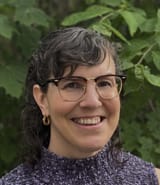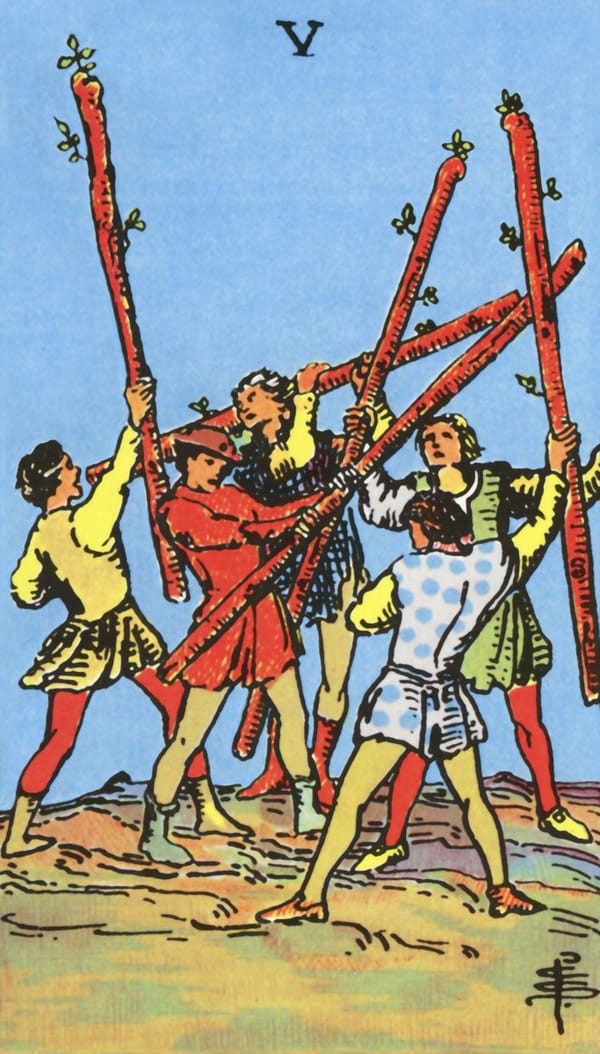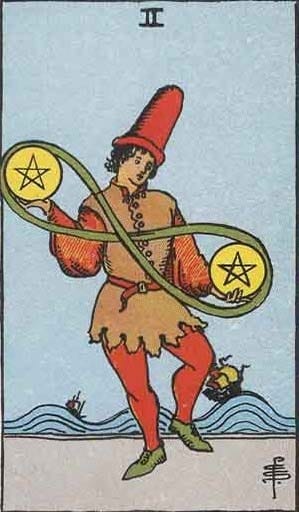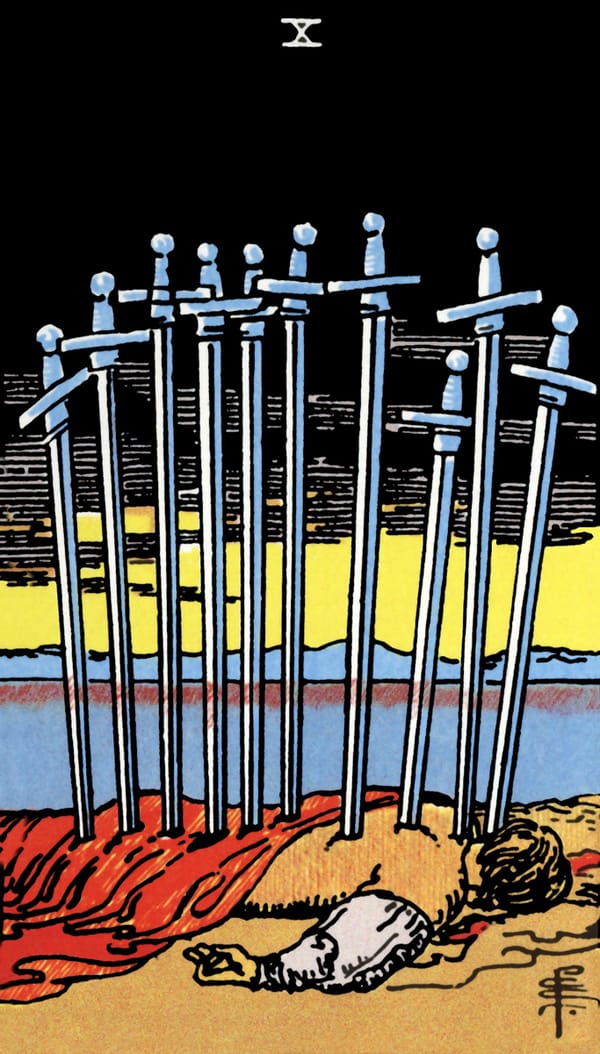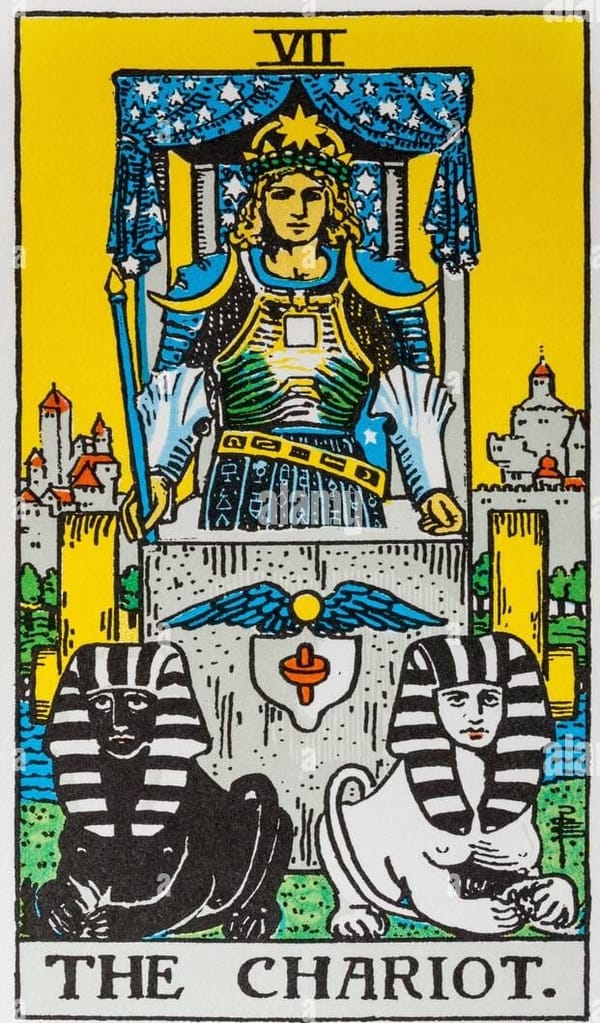A Cure For Addiction
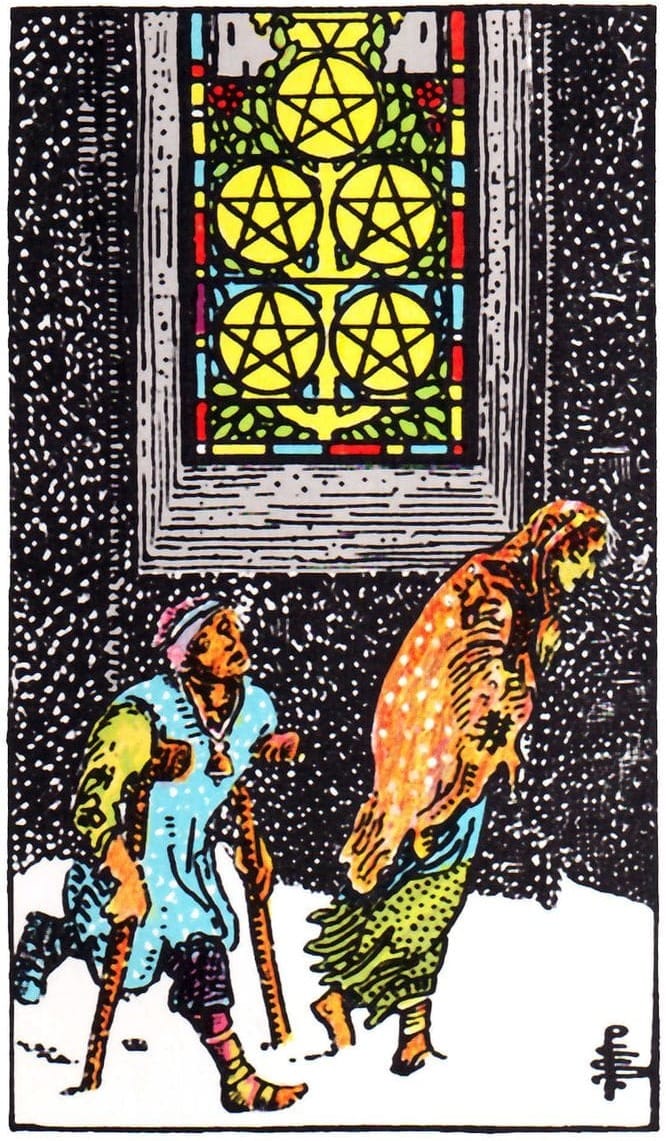
Welcome! I’m Rosalie, or Rosey, and I’m a therapist in the specialty usually called “substance use disorders.” “Addiction” is a subjective experience, not a clinical label, and I find it more human than the diagnostic language my clients never use. I worked in treatment and recovery services for about ten years before entering solo practice in 2023. Good for me, right? At the time I didn’t feel triumphant at all. My mission is providing accessible care to all comers. I had planned to spend my entire career in community clinics. And though I did last much longer in that work environment than most clinicians do, I ultimately left in sadness and frustration because I couldn’t find a way to do good work within the constraints of the treatment industry.
The further I stepped back from the treatment system, the more I saw wrong with it. I started to see how much of what I had learned, and done, was geared toward propping up a sick business rather than helping or healing. How could I provide quality care when I didn’t even have real consent in most cases? Why were the same people cycling through my treatment groups again and again—and why were my bosses perfectly content with this revolving door? I learned about harm reduction—real harm reduction, not financial efficiencies passed off as “harm reduction”—and came to feel that treatment as it functions today is probably beyond repair.
That brings me to the title of this post, and of this newsletter. Obviously, I have not discovered a cure for addiction. But I want to convey with this phrase how radically treatment needs to be reimagined. Most of my clients have not wanted to stop drinking or using drugs. If they did wish to quit, it was only after a long, difficult time trying every other solution they could think of. What they really want is freedom from addiction, while still being able to use substances at will. They want to be able to pick it up and then put it down, no big deal, like a “normie” as I am called in twelve-step lingo. Quitting forever is unappealing or unachievable—and yet that is still really all treatment can recommend. Those on opioid maintenance medication are advised to keep taking their prescription forever as well.
The treatment industry used to believe in cure. First came over-the-counter potions that were outright fraudulent, then came an earnest faith that scientific research was going to crack the code. But it’s been almost a hundred years since our profession imagined that addiction might be curable. I am not saying it is; I don’t know either way. I am trying to shift our focus to what people who struggle with substance use actually want, and to envision care for them without any trace of control or condescension. If we envisioned a cure for addiction as the horizon of this work—even if we never get there—imagine how much else would have to change.
Thank you for reading! A Cure For Addiction is independent, public, and not selling anything. If you find this content useful, please subscribe, and better yet share.

